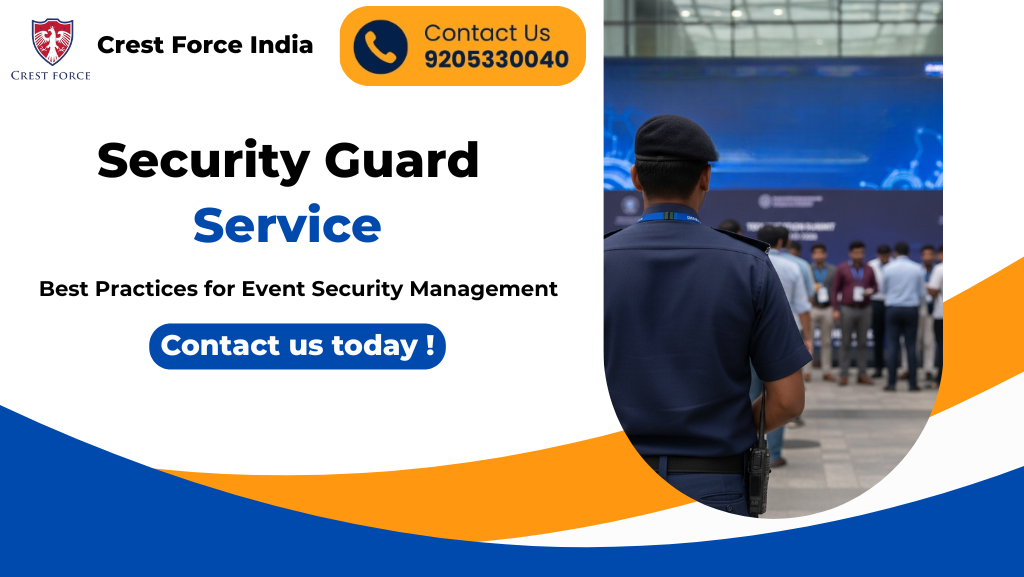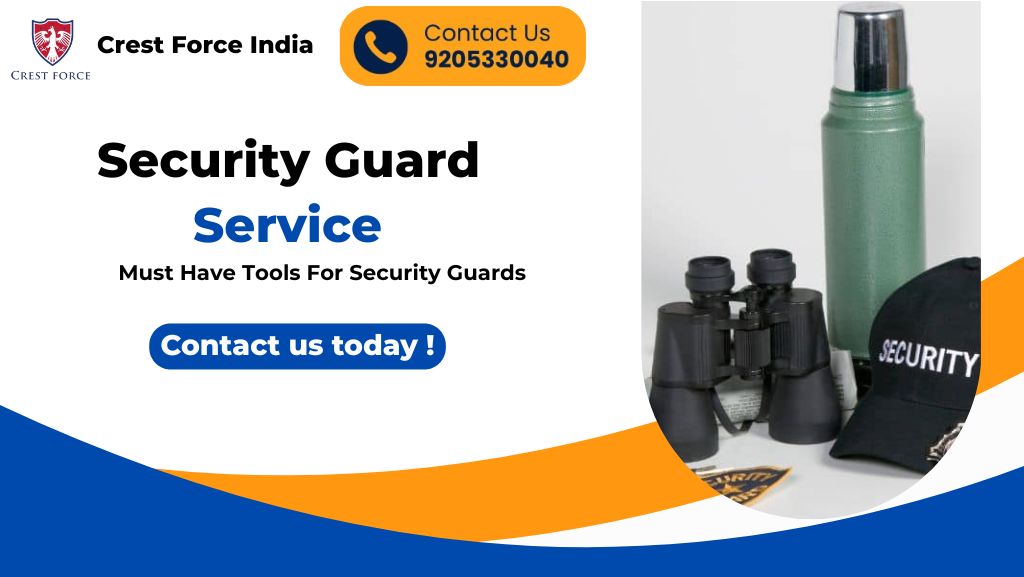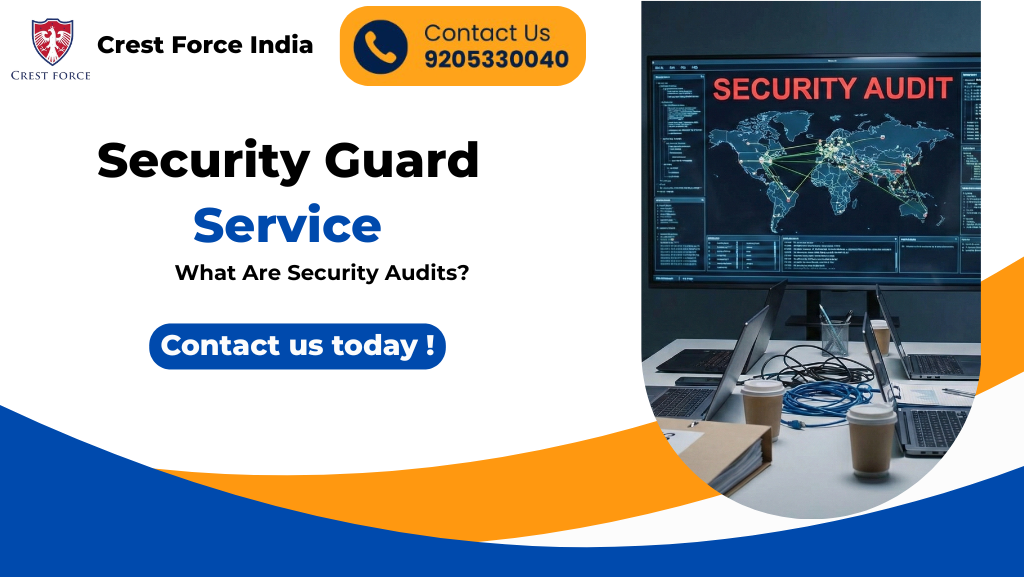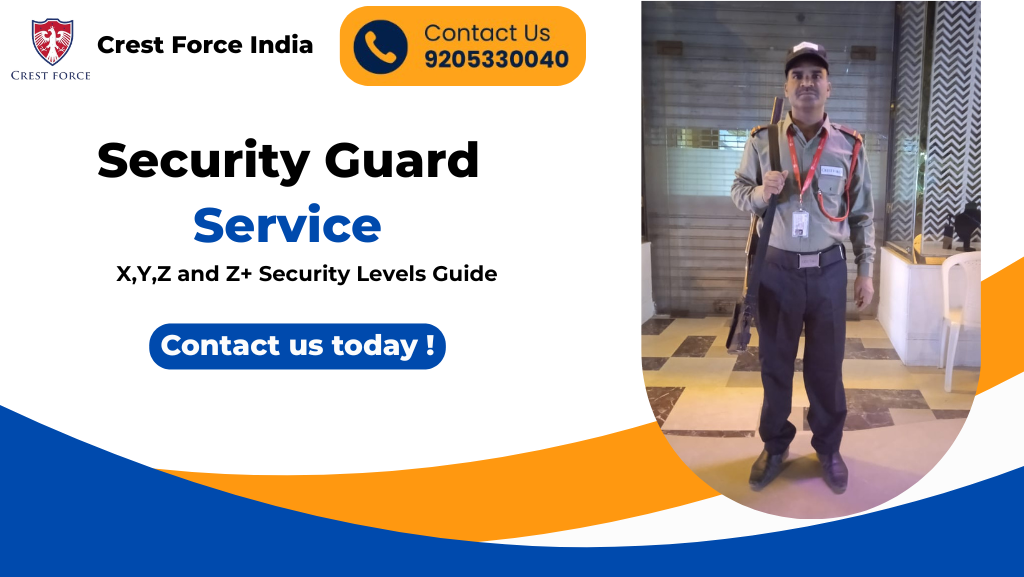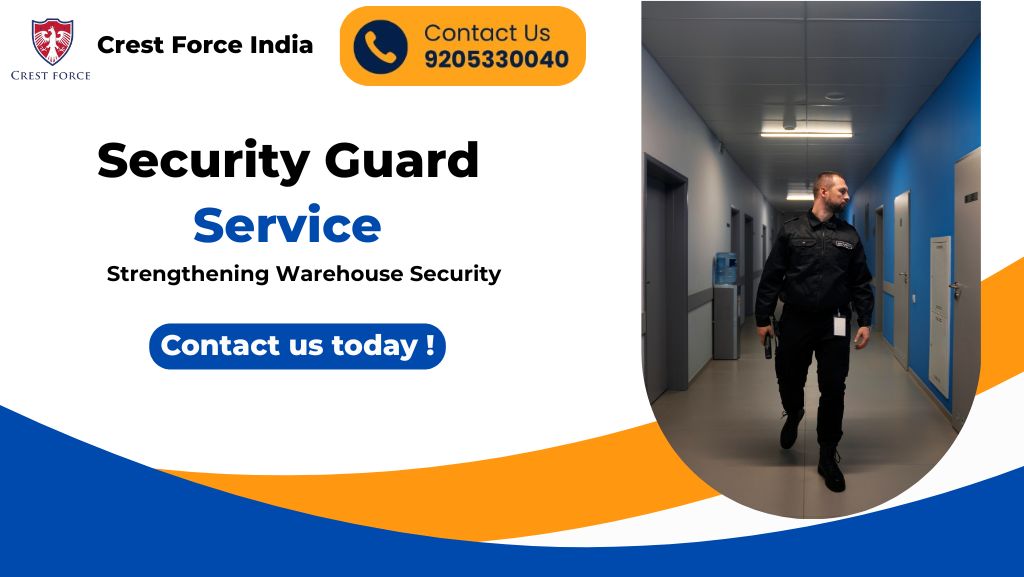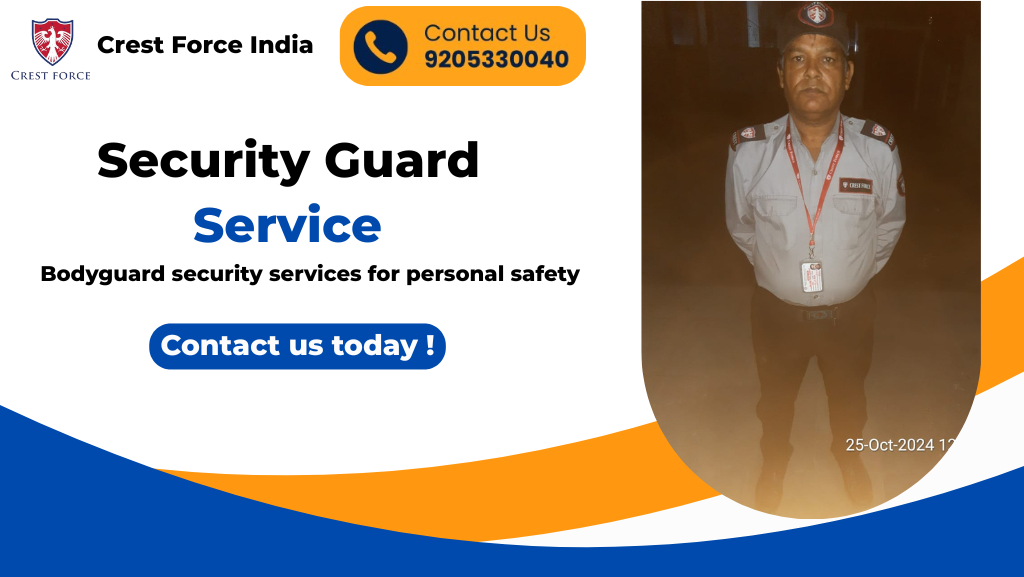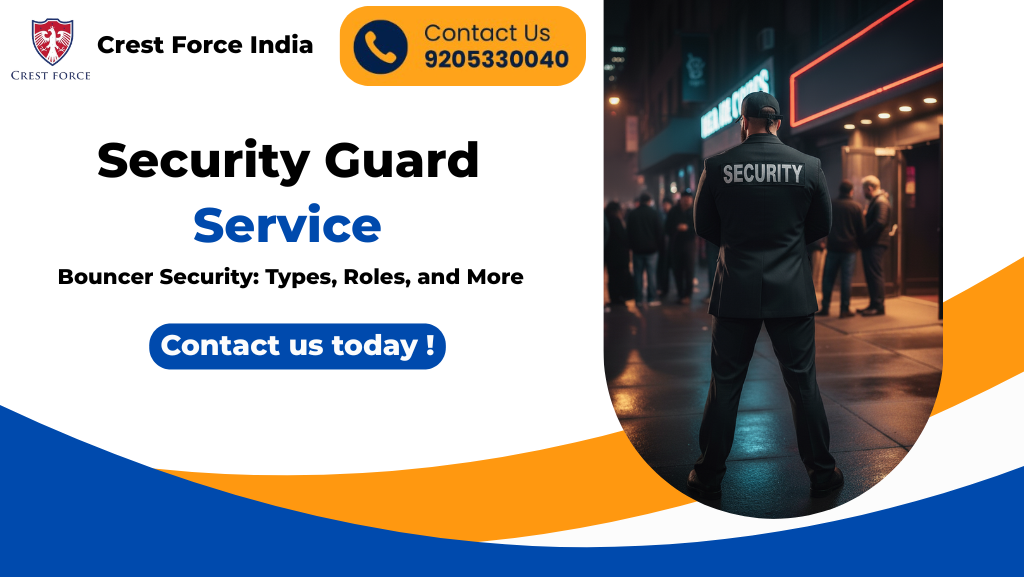Event security management is the process of organizing, carrying out, and overseeing safety procedures to safeguard guests, employees, and property. It includes monitoring, crisis preparedness, entry control, and risk detection.
It needs to be highlighted that there is a difference between security for events, which focuses on physical security and crowd safety, and security event management (SEM), which is IT and cybersecurity-oriented. Both are very important to contemporary events because threats are no longer limited to physical injury but also cyber-based fraud, information theft, and sabotage on the internet.
In 2025, the convergent model that integrates physical as well as digital security is no longer a choice. From massive music festivals to small corporate events, organisers need to combine physical guards with powerful cyber defences to produce a safe and frictionless experience.
Why Is Event Security Important?
The significance of event security cannot be over emphasized. It has a very important function in:
- Utilising emergency services, medical assistance, and crowd control to guarantee attendees’ safety.
- Prevention of cyberattacks that can damage trust, such as data breaches and ticketing fraud.
- Being compliant with legal and insurance standards, minimizing liability exposure.
- Protection of brand reputation, as a single blunder can irretrievably taint credibility.
Real-life instances attest to this. The London Olympics of 2012 demonstrated how coordination at a large scale between physical guards and cyber specialists averted mishaps in spite of being a high-risk international event. At a smaller scale, concerts like Coachella or events like SXSW illustrate how multi-layered security – from scanning wristbands to sending out cyber teams – is essential in order to prevent chaos and fraud. These examples also apply to smaller community events: preparedness is crucial regardless of size.
Also Read: Top Reasons When You Should Consider Private Bodyguard Services
Key Elements of an Effective Event Security Plan
Risk Assessment & Planning
Each security plan starts with a thorough risk assessment. Venue audits need to analyse entry and exit points, coverage points of surveillance, and blind spots. It is necessary to prepare for every risk, including terrorism, crowd surges, medical crises, and cyber theft. Smoother operations are ensured by coordination with venue personnel and local authorities.
Access Control & Entry Management
Strong access control is the core of event security management. Attendees, VIPs, and staff must have different clearance levels. Technologies like RFID tags, QR codes, and biometric systems make entry smooth while reducing fraud. Close backstage area security, bag checks, and metal detectors contribute to defenses.
Cybersecurity Measures
As online booking and mobile tickets become increasingly dependent, cybersecurity becomes paramount. Sensitive information is guarded using real-time monitoring of networks, encryption, and multi-factor authentication. Although organizers are implementing security measures to prevent payment fraud and double ticket selling, employees and visitors should be educated on how not to get caught out by phishing scams.
Crowd Management & Onsite Security
In case of smooth flow, a security guard for events is a must. Trained personnel have the ability to defuse tension, crowd manage, and give instructions when emergencies arise. Crowd barriers, crowd direction signs, and techniques of ushering prevent panics. Underlying crowd psychology must be known to create order without conflict.
Crisis Management & Emergency Preparedness
Being ready can be the difference between life and death. During an emergency, immediate action becomes possible due to evacuation drills, health response teams, and strong communication systems (SMS notifications to PA announcements). For simulation of real-time scenarios, security procedures involving staff members and emergency personnel need to be rehearsed.
Surveillance & Real-Time Monitoring
CCTV is not the only aspect of contemporary surveillance. Real-time monitoring is made possible through drones, command centres, and AI-powered anomaly detection tools. Because of these features, organisers are able to take proactive measures and eliminate threats before they become serious incidents.
Also Read: What Are The Duties Of A Security Guard
Security Guards’ Role in Event Security
The human touch still cannot be replaced. Security staff offer visible deterrence at the entrance, assuring visitors of security. They control guest screening, access control, and act swiftly on incidents from theft to medical emergencies.
Each type of event calls for varied attention. For example, a concert can call for more crowd control and backstage access-oriented guards, whereas a business event can depend on fewer but well-trained experts in unobtrusive monitoring and VIP handling. In either situation, when organizers hire security guard services, they provide protection and order.
Best Practices for Event Security
- For complete coverage, combine digital and physical solutions.
- Emergency procedures should be taught to all staff members, not just security guards.
- Give communications and surveillance equipment backup power.
- Utilise real-time dashboards, RFID, and AI to analyse data.
- To prevent single points of failure, incorporate redundancy into all crisis plans.
Future of Event Security – Trends & Innovations
Looking forward, innovations are transforming event security management. Facial recognition using artificial intelligence is quickening entry while keeping it safer. Drone monitoring provides greater coverage, and intelligent analytics software forecasts crowd movement patterns. Combined dashboards integrate physical and digital monitoring for enhanced situational awareness.
Hybrid events – where physical events are merged with virtual elements – necessitate an even more multi-layered approach, where cyber as well as physical protection is needed.
FAQs on Event Security
What does event security mean?
It is the steps taken to secure attendees, staff, and property at an event.
What is the function of security in event management?
Security facilitates smooth processes by averting risks, controlling crowds, and responding to emergencies.
What are the various types of security for an event?
They are physical guards, cyber defence, surveillance systems, and emergency response teams.
How many event security guards do I require?
This depends on the size of the location, the number of attendees, and the threat level. A professional agency will give the correct staffing levels.
How do you afford security for a small event?
Despite minimal resources, access control, general surveillance, and an event security guard who is trained can be sufficient for protection.
Crest Force India – Your Ultimate Partner in Event Security
At Crest Force India, we know how complex today’s events are. Whatever security services you require, whether armed security services or professional guards for high-profile events or corporate events, our staff offers experience and professionalism. We do not send staff – we offer custom security solutions. From risk management to live monitoring, our goal is to ensure your event’s success and safety. With Crest Force India, you get reliability, discretion, and devotion to excellence.
Conclusion
Good events are based on more than networking or entertainment – they are based on security. Nowadays, event security is a complex 360° system that includes proactive crisis planning, cybersecurity, and physical presence rather than just guards and cameras.
Planning is essential whether you want to use armed security services for concerts and conventions or hire a security guard for a private event. Always be organised, train employees, and adjust to emerging risks. With the proper precautions, events can remain not only memorable but secure for everyone.
Check Out Our Most Popular Security Guard Services: Armed Security Guard | Unarmed Security Guard | Residential Security Guard | Female Security Guard | Event Security Guard | Office Security Guard | Bank Security Guard | Industrial Security Guard | Bouncer Guard Service

